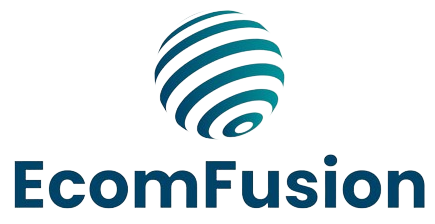Choosing the right selling model is crucial when starting an Amazon business. Private label and wholesale are two prominent strategies, each with distinct advantages and challenges. This comparison will help you determine which model aligns best with your goals and resources.
Private Label Selling Model
Definition
Private label involves sourcing generic products from manufacturers and branding them with your own label or brand. You typically customize the product design, packaging, and marketing to differentiate it from competitors.
Benefits
- Brand Control: You have full control over branding, packaging, and customer experience, allowing you to build a distinct brand identity.
- Higher Profit Margins: Private label products often command higher prices due to perceived value and brand loyalty, leading to potentially higher profit margins.
- Less Competition: Since your product is unique to your brand, you face less direct competition compared to selling wholesale products.
- Scalability: As your brand grows, you can expand your product line and diversify offerings under the same brand umbrella.
Challenges
- Upfront Investment: Requires significant upfront investment in product development, branding, and marketing.
- Quality Control: Ensuring product quality and consistency can be challenging when working with manufacturers.
- Inventory Management: Balancing inventory levels to meet demand without overstocking or stockouts requires careful planning.
- Market Entry: Building brand awareness and gaining customer trust can be time-consuming and costly, especially in competitive markets.
Wholesale Selling Model
Definition
Wholesale involves purchasing bulk quantities of products directly from manufacturers or distributors and reselling them on Amazon without significant modifications to branding or product design.
Benefits
- Lower Entry Barrier: Requires less initial investment compared to private label, as products are already developed and branded by manufacturers.
- Easier Sourcing: Finding suppliers and negotiating deals with established products is generally easier and faster than developing new products.
- Faster Time to Market: You can start selling products immediately after sourcing and listing them on Amazon, minimizing time spent on product development.
- Predictable Demand: With established products, demand patterns and market acceptance are generally easier to predict.
Challenges
- Lower Profit Margins: Due to higher competition and standardized pricing, profit margins can be lower compared to private label products.
- Brand Dependence: Your success is somewhat dependent on the popularity and reputation of existing brands or products you sell.
- Inventory Risks: Holding large quantities of inventory can tie up capital and increase risks associated with market fluctuations and storage costs.
- Limited Customization: Less flexibility in branding and product customization may limit differentiation and brand uniqueness.
Which Model is Right for You?
Considerations
- Budget and Investment: Private label requires a larger upfront investment, whereas wholesale allows for a more gradual investment approach.
- Risk Tolerance: Private label involves more risk in terms of product development and market acceptance, whereas wholesale offers more predictable outcomes.
- Time Commitment: Private label requires more time for product development and brand building, whereas wholesale allows for quicker market entry.
- Marketing and Branding Skills: Private label requires strong branding and marketing skills to differentiate your products, whereas wholesale focuses more on operational efficiency and sales tactics.
Conclusion
Choosing between private label and wholesale on Amazon depends largely on your financial resources, risk tolerance, and business objectives. Private label offers greater control over branding and potentially higher profits but requires more upfront investment and time. Wholesale, on the other hand, provides a quicker entry into the market with lower risk but may yield lower profit margins and less brand control.
Ultimately, successful Amazon sellers often blend elements of both models based on their market research and business strategy. Whether you opt for private label or wholesale, thorough research, strategic planning, and continuous adaptation to market trends are key to achieving sustainable success on Amazon’s competitive marketplace.


